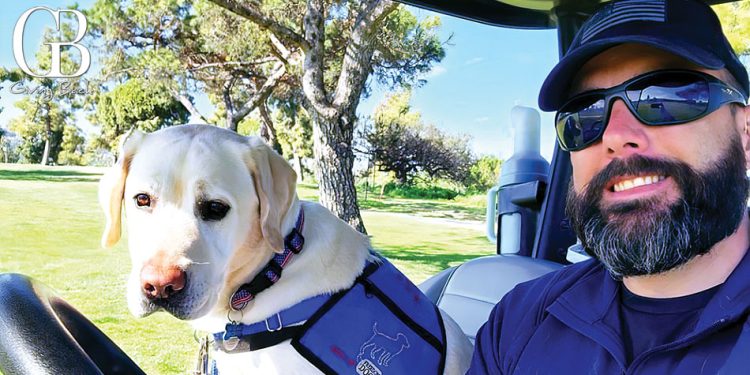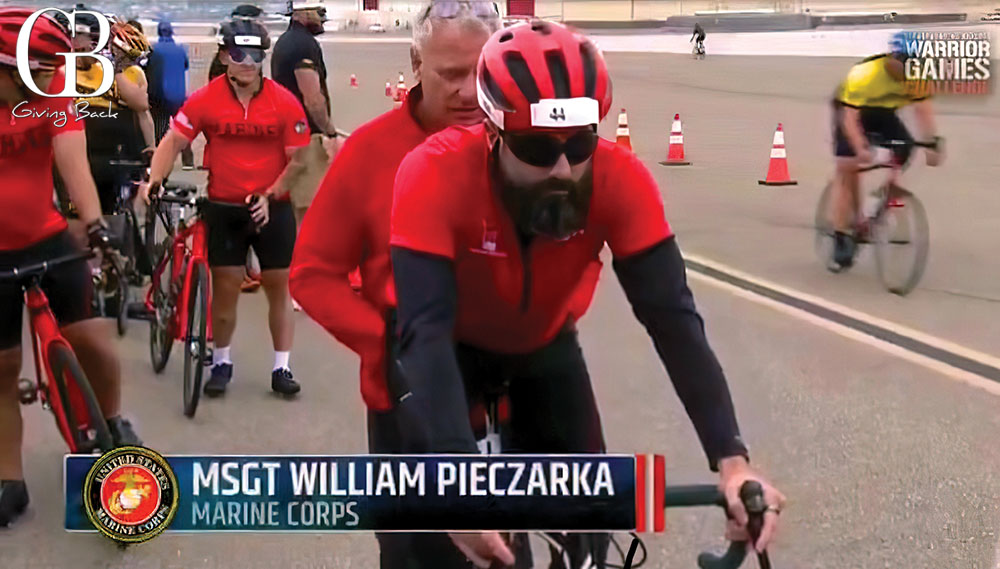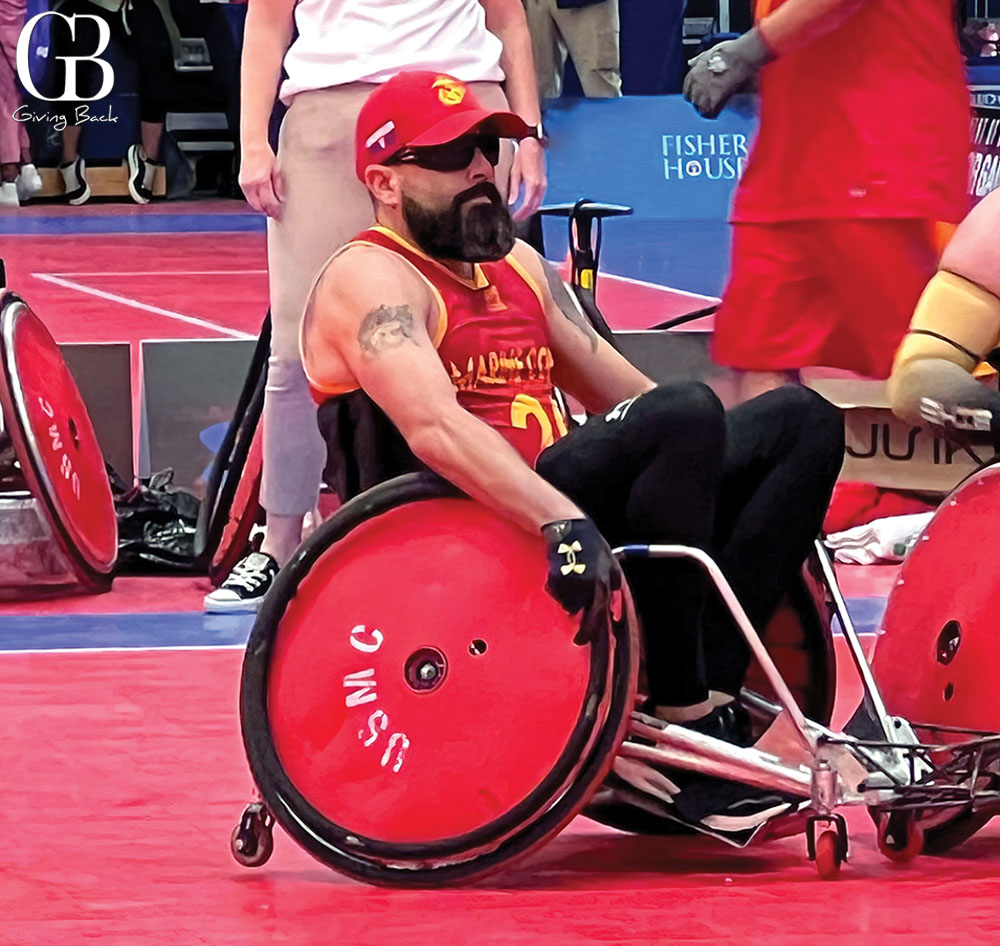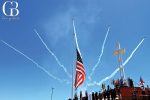The Magic of Freedom Dogs

In difficult moments, sometimes you simply need someone to talk to. Other times, you need just the opposite: a companion who does not talk. And does not ask you to do so either. Just ask Marine Corps Master Sergeant (retired) William Pieczarka, veteran of two wars and member of the Freedom Dogs family.
After serving 22 years including 2 combat tours in Iraq and 3 combat tours in Afghanistan, Pieczarka was medically retired in 2022 due to physical and psychological injuries sustained in battle. When he entered the Wounded Warrior program at Camp Pendleton, Pieczarka’s mental health specialist told him about Freedom Dogs, a San Diego-based 501(c)(3) not for profit organization devoted to improving the lives of military members suffering from Post-Traumatic Stress Disorder (PTSD) and other war-related impairments, using trained service dogs.
Pieczarka had seen the dogs around the base and had heard stories of what service dogs could do, like call 911, but he did not truly believe it until he was assigned a sweet yellow Labrador Retriever named Ethan and experienced the magic for himself. Ethan was trained to pull Pieczarka out of PTSD phases such as a “thousand-yard stare” or a “fog of war.” With a tap of his paw or a nudge of his nose, he says the dog reminds him, “Hey, we are right here. We are alive. We are not there. Come back.”
Ethan was also trained to address Pieczarka’s specific needs. At the onset of a migraine – a result of having been, in Pieczarka’s words, “blown up” three times – Pieczarka needs darkness. Ethan recognizes the migraine coming on, turns off the lights and picks up Pieczarka’s sunglasses and brings them to him.
“I was in shock and awe,” Pieczarka says. “Seeing how the dogs work.” What’s more, he says, is that the dogs do not ask anything of him. “Service members do not want to talk about their past or what is really on their minds.” And that is just fine with the dogs. “They just want your love, attention, and affection. Just like they give.”
That was 2 years ago. Today, Pieczarka’s life continues to expand. Earlier this year, he competed in 8 sports at the Department Of Defense Warrior Games and qualified for the prestigious Invictus Games in Germany. At the Invictus Games, Pieczarka competed in wheelchair basketball, wheelchair rugby, archery, swimming, indoor rowing and table tennis. “I was never into sports,” he says. “Not even growing up.” But training for competition provides a similar kind of relief that the dogs do. “It is a way for me to redirect my brain to something more positive.”
In Adaptive Sports (for people with disabilities), Pieczarka feels he has found his calling. He is currently working toward a bachelor’s degree in psychology with the goal of helping individuals going through experiences like those he has struggled with. “It is like religion. When you find that full belief, it is a big comfort. You want to spread the word.”
As Pieczarka continues his training and education, his relationship with Freedom Dogs is ongoing. “They reach out regularly just to check on me. Make sure I am ok. They really care.” “Anytime I am with the dogs,” he says. “It gives me hope that I can reconnect in the world.”







